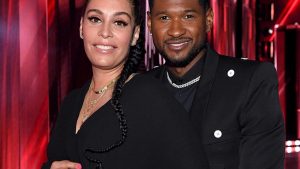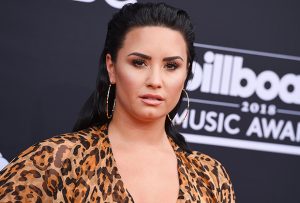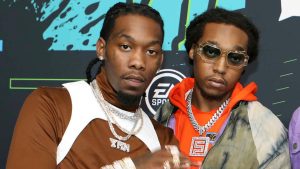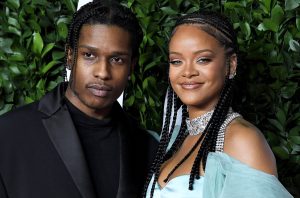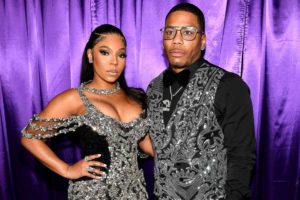Earvin “Magic” Johnson is synonymous with basketball and HIV activism, but in the new Apple TV+ series, They Call Me Magic, fans get a glimpse into his more private life, as well.
The raw, exciting and emotional four-part documentary series follows Johnson from his humble beginnings in Michigan to his remarkable rise to fame in the NBA. Famous friends like Barack Obama, Michael Jordan, Dwayne Wade and Dr. Anthony Fauci help tell the story of the man who has reached great heights and survived remarkable lows.
“We’ve told my story from Lansing, Michigan, Michigan state, winning the championship to the Lakers, winning five, to becoming a businessman,” says Johnson. “But also to the lows of my life — when I announced HIV, people thought it was a death sentence, including myself, and now I’m sitting here 30 years later.”
In episode three, the series chronicles Johnson’s 1991 HIV diagnosis and the immense fear that followed. He was in the prime of his career with the Lakers, and had just married his wife, Cookie, who was pregnant with their first child, EJ. When Cookie and EJ tested negative for the virus, Johnson was relieved, but he was also faced with his next challenge — becoming a spokesperson for HIV/AIDS awareness.
“That was everything, for me to heal, also for me to help people, especially in the Black and brown community, because it was running rapidly through our community at that time … We brought the numbers down,” says Johnson. “I became the face, and I’m happy about that.”
In 1992, HIV was still very misunderstood, and the general public had misconceptions about how it was transmitted and who could get it. Many people didn’t understand that children were also at risk, and that medications had not been tailored to treat them. To raise awareness, Johnson appeared on the now-famous 1992 Nickelodeon HIV/AIDS special, A Conversation With Magic, surrounded by children, some of whom were also HIV positive. In one of the most memorable moments from the show, Johnson comforted 7-year old Hydeia Broadbent, who became emotional when talking about her own diagnosis.
“Hydeia got HIV by no doing of her own, and so a lot of times we have to get the message out that this is what happens,” says Johnson, who is still friends with the now-grown Hydeia today. “We are so proud that they were able to get this footage, put it in, and let people know the work I was doing back then and still the work that I’m doing today.”
Johnson’s advocacy has touched millions, including those in the LGBTQ community. In 2013, Johnson’s son EJ publicly came out as gay, and the series explores how the basketball icon’s initial reaction was not one of acceptance. Eventually, Johnson embraced his son and their relationship grew — a journey that continues to motivate some members of LGBTQ community to walk in their own truths.
“I’m so happy. I’m proud of EJ, the work that he’s doing, the person that he has become, the work he’s doing around the world,” he says, “and then EJ has saved so many young people’s lives because of him coming out.”
“We get so many letters from around the world, from young people saying EJ inspired me to come out to my parents or come out to my friends,” Johnson adds. “And so I’m so just so happy, and all these stories come out in this doc series, and that’s what makes it special.”



